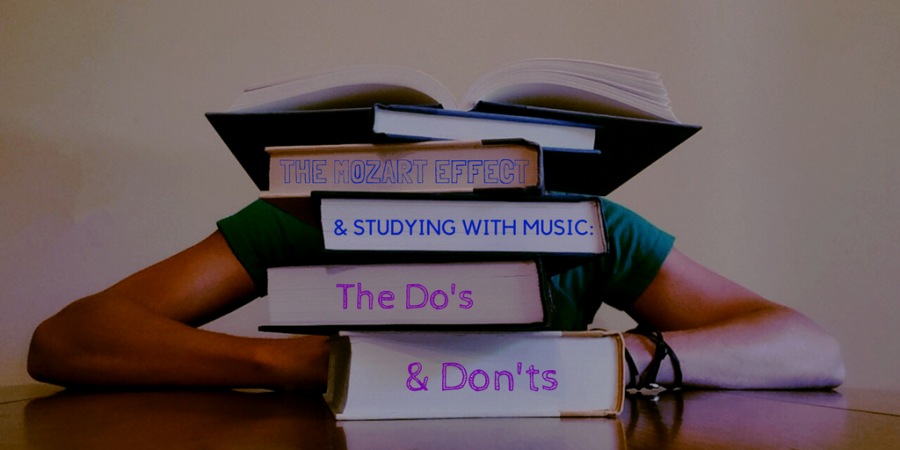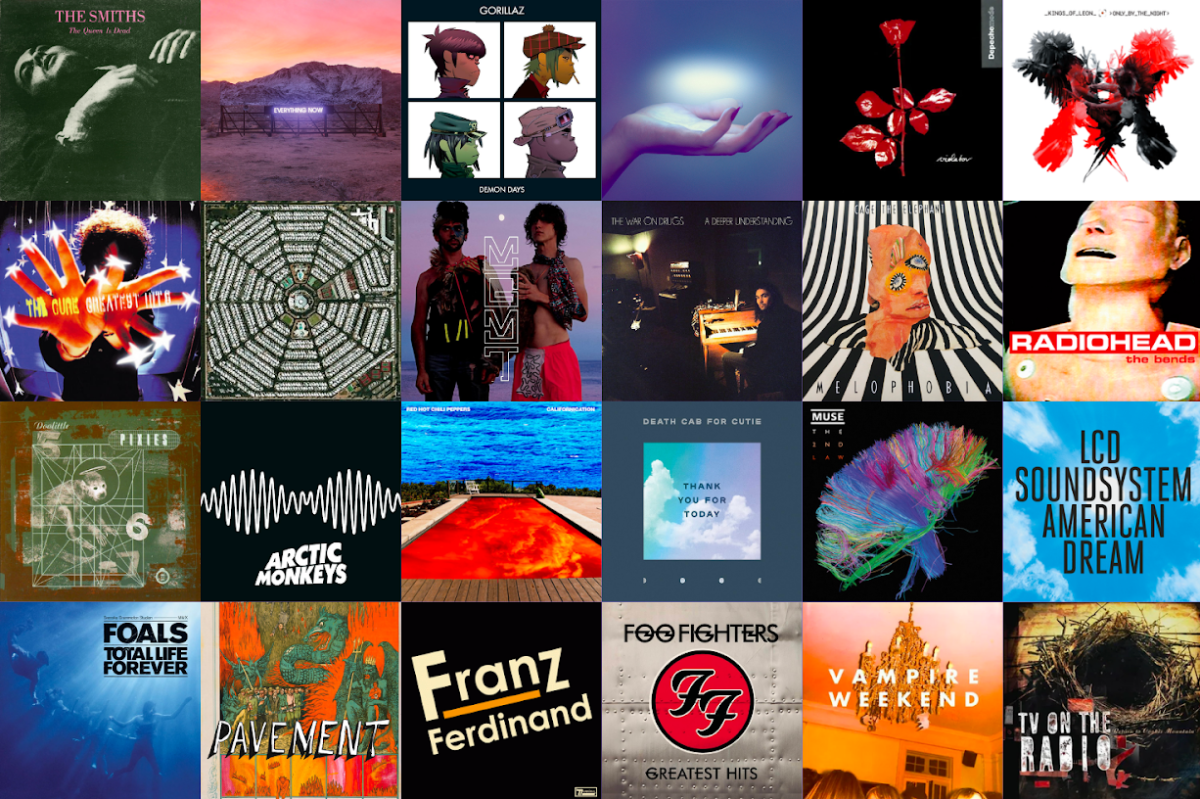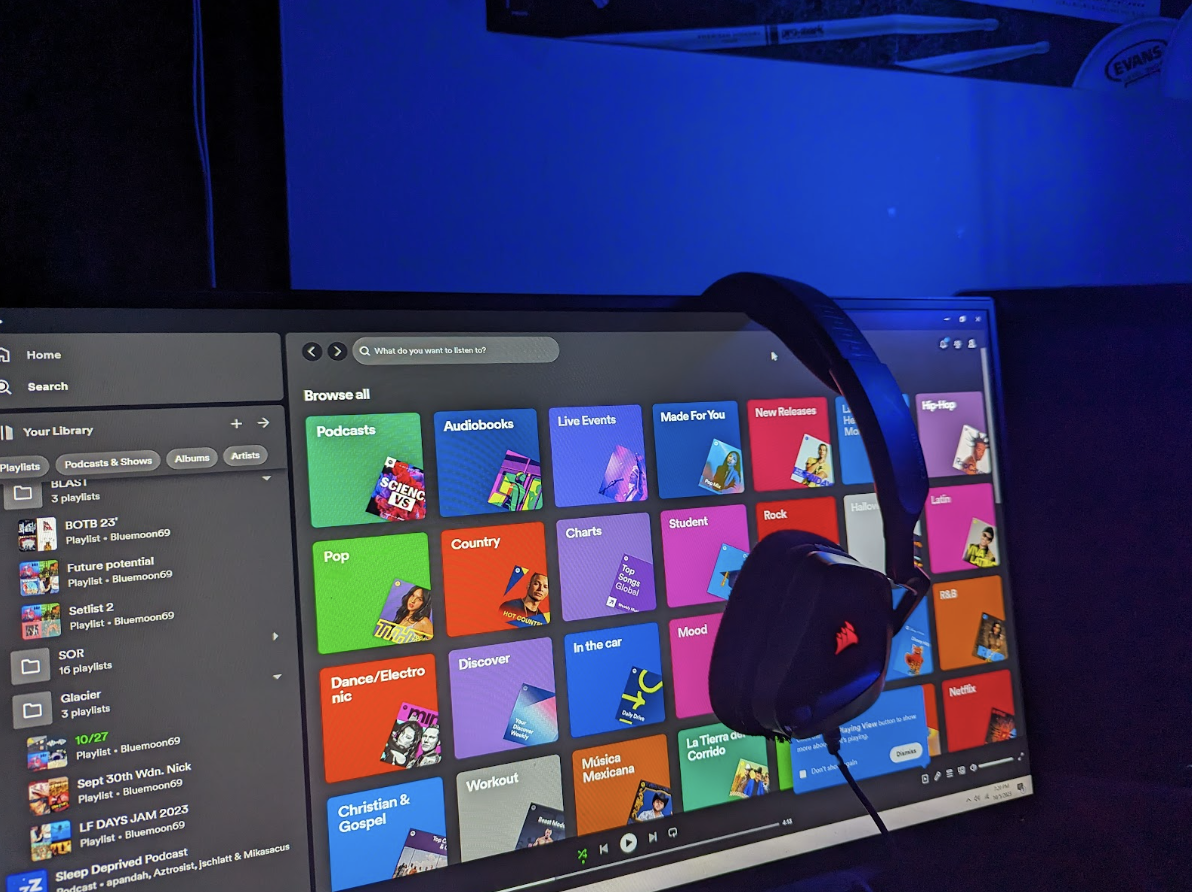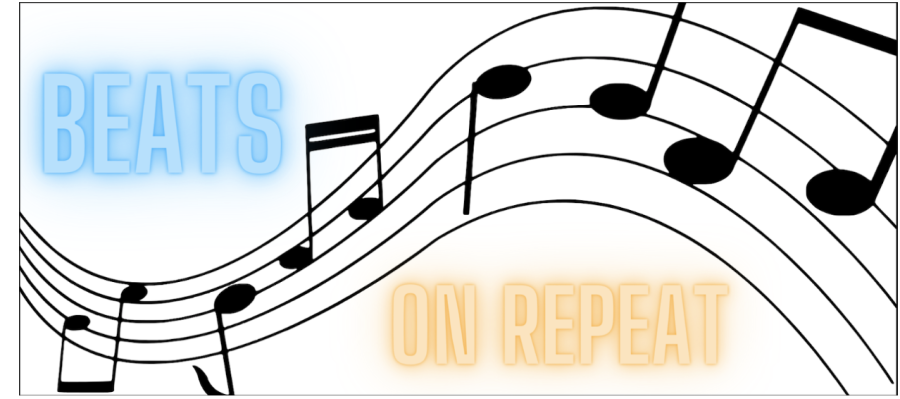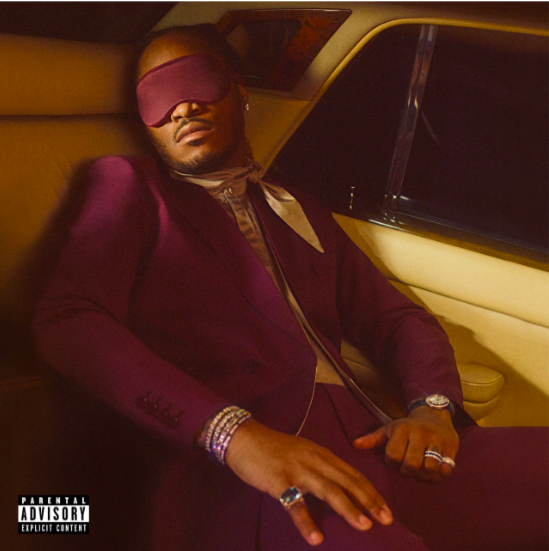It’s hard enough to find a quiet place to study. Most people will resort to the easier option: the trusty Apple earpods. The ambiance of Starbucks on a crowded afternoon or the library during a light snowfall can create idyllic places to study, and many students will use their headphones as a focus tool to make the study session work. But have you ever thought that maybe those nifty earbuds are preventing you from efficient and effective studying? Sure, it can be relaxing to pump your favorite new album or a rocking playlist through your ears, but after what may seem like minutes, it might already be dark outside when you look outside the window.
Scientists debate the controversy surrounding music and focus through what is known as the “Mozart Effect.” However, a common misconception of the study is that listening to classical music (Mozart, in particular) can make you smarter. This isn’t true. However, scientists did find that when studying vocabulary, more students were successful in recalling words when they listened to music than if they didn’t.
The scientists also stated that personality type can play a part in whether or not music is right for you when studying. For example, if your subject is difficult and complicated, like advanced math as opposed to rote memorization of facts or dates, and you identify as more of an introvert, studying without music is going to be more effective. The rigor and complexity of the task at hand also matters when considering music; when scientists tested children solving math problems under conditions with and without music, students were able to solve the problems faster when they listened to music.
Interestingly enough, when the scientists conducted the experiment with the math problems, they experimented under three different conditions: quiet and pleasant music, more aggressive music, and silence. Intriguingly, the results for the aggressive music came back worse than the results received when students didn’t listen to any music at all.
So is music while studying a go? Firstly, it has to be a certain kind of music. Stay away from pop and rock, and probably (I know, it’s even hard for me) your favorite songs. Instead, explore some classical composers and symphonies; some good choices include Mozart, Beethoven, Vivaldi, Debussy and Bach. Try to stay away from classical versions of pop songs (i.e. Piano Guys)–these arrangements may be distracting and take your focus away from studying. Instrumental music is also a better alternative than music with lyrics; you will find that you will have an easier time focusing if the music coming through your headphones doesn’t have distracting words.
If you’re studying for your hardest class, it might be better to study without listening to anything at all. Try to focus solely on your problem, worksheet or packet, and if you have trouble focusing in the environment around you, then try playing some light classical music to calm your surrounding environment.
Save your pop music and favorite songs for the hallways, your afternoon drive home, the shower, or your morning routine. You might even find yourself enjoying your favorite music even more when you pick more specific times of the day to listen to it.
As for where to listen to study music, our school has unfortunately blocked Spotify, Pandora and other commonly used music streaming platforms. However, there are still ways to access symphonies and concertos. If you access the Chrome Webstore on your Chromebook, search for Spotify and a widget will pop up titled “Web Player for Spotify.” After downloading the widget, open it up and log in to your account. This widget actually works a little better than the usual non-premium version of Spotify; you can choose to play a song without shuffling and you can still make playlists. If you are not into Spotify, an easy and accessible option is always YouTube; if you search “classical music playlist,” hundreds of hits will greet you with open arms.
Above all, remember that music isn’t going to be responsible for your success on exams. You have the ability to succeed with or without the help of your headphones. But if you are looking for a good musical route to follow to help bring back your focus, I strongly suggest taking the classical one!






